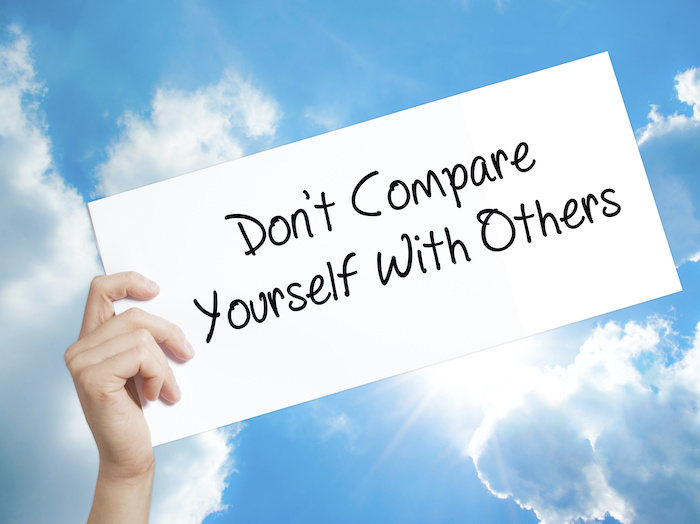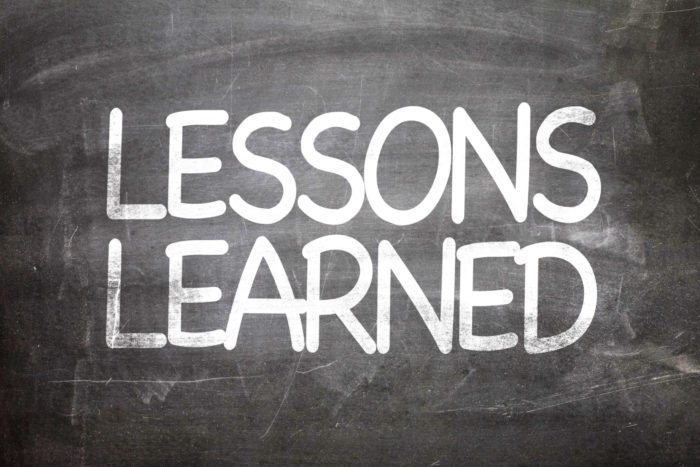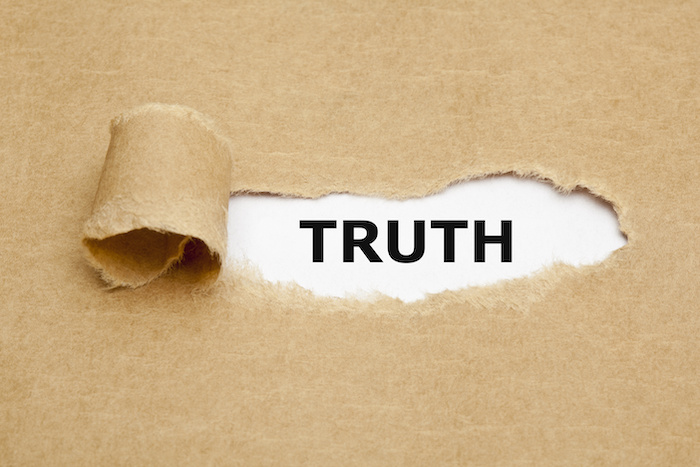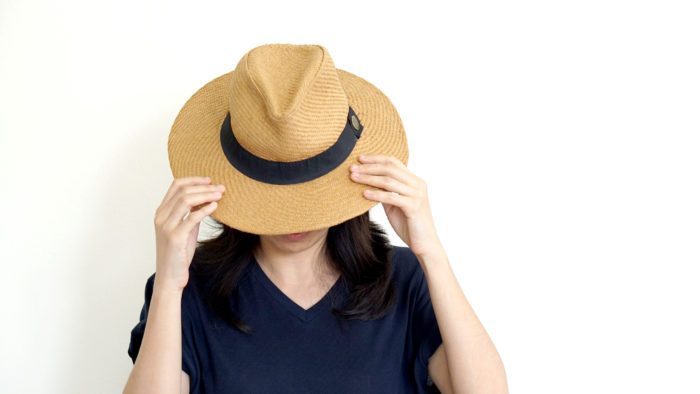
How often do you find yourself comparing yourself to others?
The reality is, we can always find someone richer, better looking, more successful, or otherwise better off than we feel we are.
I’ve noticed that some folks are especially prone to self-comparisons. It’s folks who are unsure of their own self-worth. Folks who are looking to find some sort of proof that they are as valid and important as other people.
While some more narcissistic types of people tend to find themselves on top of their comparisons, those who are looking for evidence of self-worth are more prone to experience the opposite.
If this is you, sadly, you probably too often find yourself sadly coming up short.
If You Are a Frequent Self-Comparer
If you’re a frequent comparer, you may be doing yourself more harm than good. Because current research shows that some of the things we value most in today’s world are not actually the things that make us happy, healthy, or content in our lives. So we are comparing ourselves on things that may seem like they are meaningful and important, but they are actually not.
Here are three recent psychological studies that offer some surprising things to be thankful for. They may make you re-think some of the comparisons you dwell upon and turn them topsy-turvy.
3 Ways You Compare Yourself That Have Been Debunked By Research
1. Material Possessions
Van Boven & Gilovich (2003) conducted a fascinating study looking at what makes people happier: Is it material possessions or rewarding experiences?
These researchers gave two groups of students different instructions. Group 1 was asked to write a brief description of something they had purchased in the last year that had made them happy. They wrote down things like electronics, vehicles, clothing, etc.
Group 2 was asked to write a brief description of something they had experienced in the past year that had made them happy. They wrote down things like trips, meals out, concerts and such.
Each group was then asked to reflect on what they had just written and to rate how happy they felt as they were thinking about the purchased possession or rewarding experience.
These researchers found that the subjects felt significantly happier when they contemplated the past experience than they did when reflecting on the purchase.
They concluded that possessions may make you feel happy at the moment of purchase, but they don’t feed your overall happiness the way a positive, fun, and memorable experience does.
The Takeaway: Instead of comparing your possessions to others, try to actively bring yourself happiness by planning and participating in fun events.
2. Appearance
Although being highly attractive has been shown to offer certain clear advantages when dealing with the opposite sex, many studies have found that being beautiful gives people a tremendous disadvantage when dealing with someone of the same sex.
For instance, Agthe et al., (2011) found that when beautiful people are being interviewed for a job by a person of the same sex, they are more likely to be experienced as threatening. This puts the beautiful person at a disadvantage for being hired.
Anderson and Nida (1978) found that those of the same sex are likely to judge the beautiful as less talented than someone of average attractiveness.
Krebs and Adinolfi, (1978) showed that although we think of attractive people as more socially popular, they are actually more likely to be socially rejected by people of the same gender.
The Takeaway: Whatever your level of attractiveness, it’s okay because there are positives and negatives built into every level of appearance. Turning your energy toward appreciating yourself as you are and simply being yourself will work much better for you than meaningless comparisons.
3. Standing in Your Family
Suitor et al., (2015) surveyed 725 grown children from 309 families.
They found that the child identified as the mother’s favorite in the family was more likely to be depressed than the other adult children. These favored children reported more depressive symptoms and experienced more tension with their adult siblings. They also felt more burdened by the emotional needs of their aging mother.
The Takeaway: Being the family favorite isn’t necessarily something to envy or strive for. Your role in your family is what you take from it and what you do with it.
What It Means When You Are a Frequent Comparer
If you tend to question your own self-worth, take a less-than position in relationships viewing the other person as more important, and come up short in your comparisons, these are all signs that you may have grown up with Childhood Emotional Neglect or CEN.
CEN undermines your ability to know, accept, and love yourself as you are. It makes you feel like a less important, less valid person once you grow up.
How to Stop Comparing Yourself to Others
Some element of stopping the comparisons has to involve making a conscious effort to stop. But the most important part of correcting this tendency to compare is to grow more into yourself. And, by that, I mean owning your true strengths for what they are, appreciating your true self, and holding yourself more dearly than any material possession, favoritism, or advantage.
This is exactly what happens as you walk through the steps of healing your Childhood Emotional Neglect. Remarkably, as you begin to feel your feelings more, you are connecting with your deepest self. You are being who you truly are and valuing your feelings which are the deepest expression of yourself.
To find out if you have CEN, take the free Emotional Neglect Test and see the book Running On Empty.
Next time you find yourself coming up short in comparisons, try to pull yourself back to look at the big picture.
After all, you’ll always be able to find someone who has more than you or seems better than you (everyone can).
And you don’t need to be favored, rich, or stunningly beautiful to be happy.
True and lasting happiness arises from holding your own values and feelings close to your heart. And your own memories, experiences, and relationships in your own high esteem.
No one and I do mean no one can take those away from you.
This article is a new version of an article previously published on Psychcentral.com. It has been updated and reprinted on this website with the permission of the author and Psychcentral.










